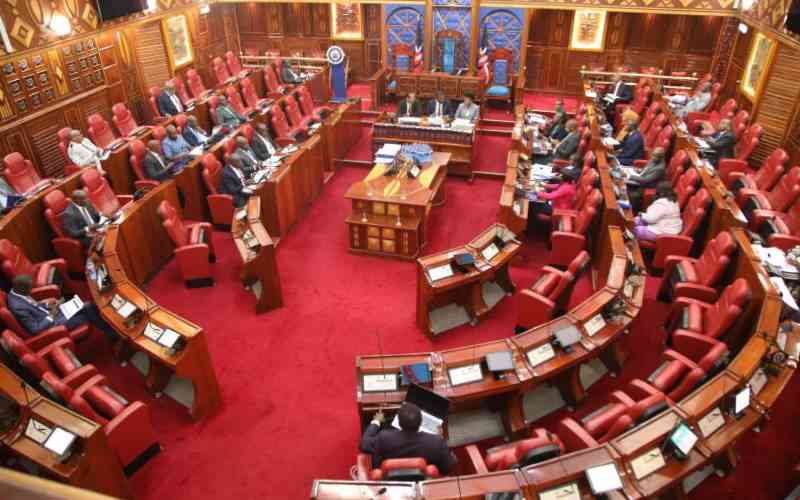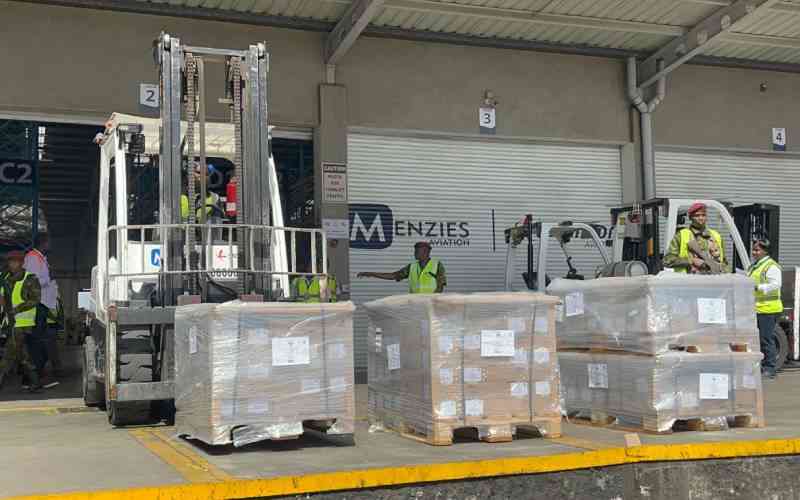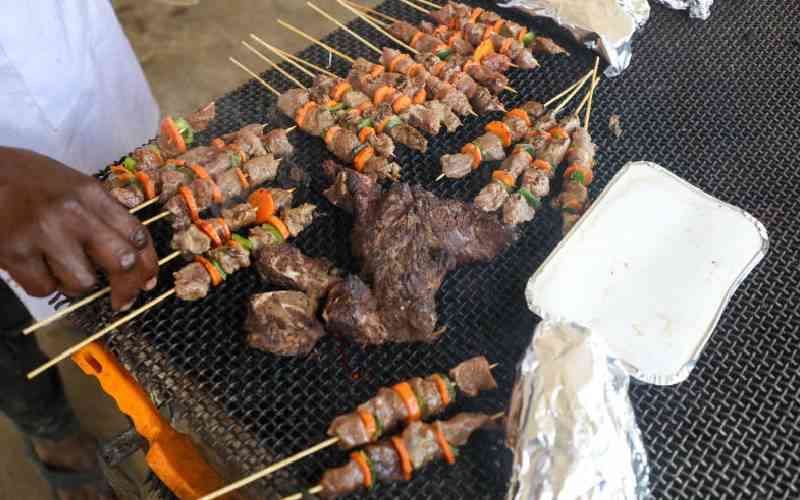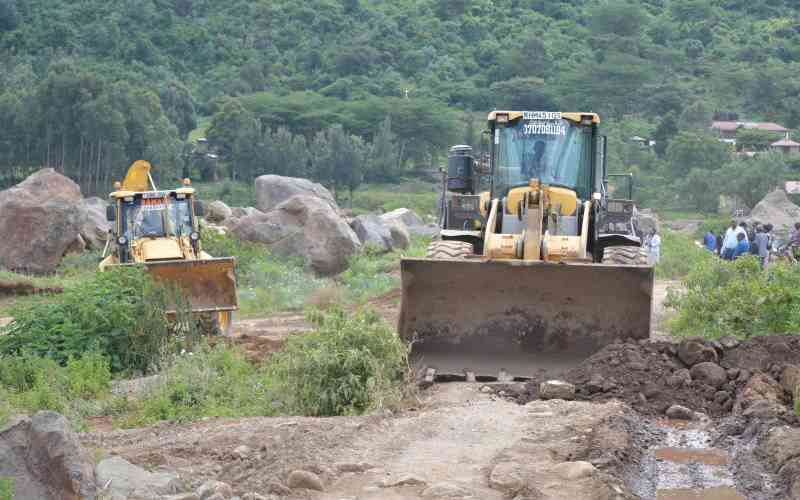As the rhythmic bursts of drums and vuvuzelas electrify the air and the African Nations Championship (CHAN) roars to life inside Benjamin Mkapa Stadium, another kind of heat is rising just outside Gate A.
Not from football, but from open grills stacked with sizzling cuts of Tanzania’s wild game meat.
From buffalo to antelope, gazelle to wildebeest, this bustling meat zone is as much a spectacle as the tournament itself.
At a distance, a vibrant banner welcomes visitors with the bold words Karibu Nyamapori Tanzania, flanked by photos of majestic wildlife and a visual promise of something exotic.
Fans flood in for the matches but cannot resist stopping, sniffing, and swarming the meat stalls like bees to honey. The aroma of spiced meat roasted over charcoal fills the air, mingling with the festive sounds of drums and chants from the fans.
Among the delighted customers is Ndota Ney, seated comfortably, his eyes alight with excitement as he bites into mshikaki of roasted antelope.
“I am eating antelope meat. Once you taste it, you will be coming here every day. It is so sweet,” says Ndota, chewing the meat.
He says the wild meat is sweeter and more nutritious than that of domestic animals.
“Antelope meat makes you strong, even brain-wise. It is also medicinal. Beef can give you diseases but wild meat is good. I invite people to come and enjoy themselves,” he adds.
For Ndota, the CHAN tournament has been more than just a football fest. It has been a celebration of Tanzania’s culture and hospitality.
Nearby, a crowd gathers around another grill where Mahmoud Ali enjoys freshly grilled buffalo meat. His face lights up as he explains his preference for wild meat.
“We have eaten cows’ and goats’ meat for a long time, but I have decided we change because wild animals eat different types of plants so it is medicinal. The feeling is good even in the mouth. You get a good taste that’s very different from cow and goat meat,” explains Ali.
He says the CHAN tournament has brought blessings, reflecting on its impact beyond football.
Stay informed. Subscribe to our newsletter
He says buffalo meat is his personal favourite and hopes wild meat will always be available to residents.
“I love buffalo meat. It is not the first time I’m eating it. We must pass this place to eat wild meat before going home every day. AFCON is coming in 2027 and it will be more than this. CHAN is just a start,” he said.
At the centre of this savoury hub is Lodga Gabriel, the manager of A Class Services Butchery, who oversees operations with enthusiasm.
His role is not just commercial, but deeply cultural — to show the world that Tanzania’s wild meat is a source of pride and heritage.
Lodga says many people come just to have a taste. For others, it is just to have a look. He says that before the government’s legalisation of game meat, many people could not access it despite the country being home to hundreds of wild animals.
He notes that every day sees a surge in demand, especially on match days.
“On match days I get a lot of customers. They love the meat and the numbers keep growing every day. We know during AFCON it will be even more,” he added.
He says they strictly follow government regulations on the game meat business, noting that not everyone is allowed to sell it.
Once part of the black market and a traditional practice, Tanzania’s game meat trade became legal in 2020.
The legalisation aimed to combat poaching and formalise a trade that long existed informally in rural areas.
This was achieved through the Wildlife Conservation (Game Meat Selling) Regulations, 2020, placing oversight with the Tanzania Wildlife Management Authority.























